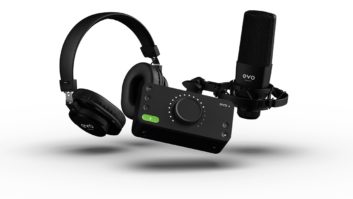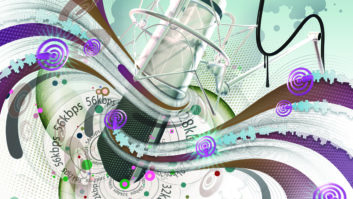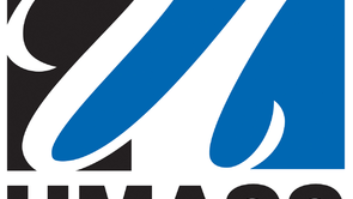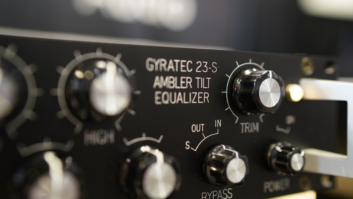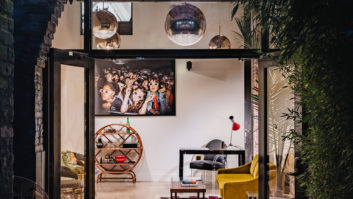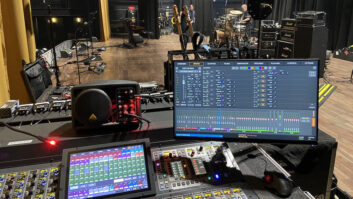Big radio companies like NPR, Gimlet and others may be the first names that come to mind when you think of podcasters, but in fact it’s the independents that create the vast majority of podcasts out there.
Independent podcasters are regular folks—hobbyists, business owners, entrepreneurs and others—and mostly they produce (and usually host) podcasts for the purpose of growing an audience of fans and/or prospects who may buy their widget.
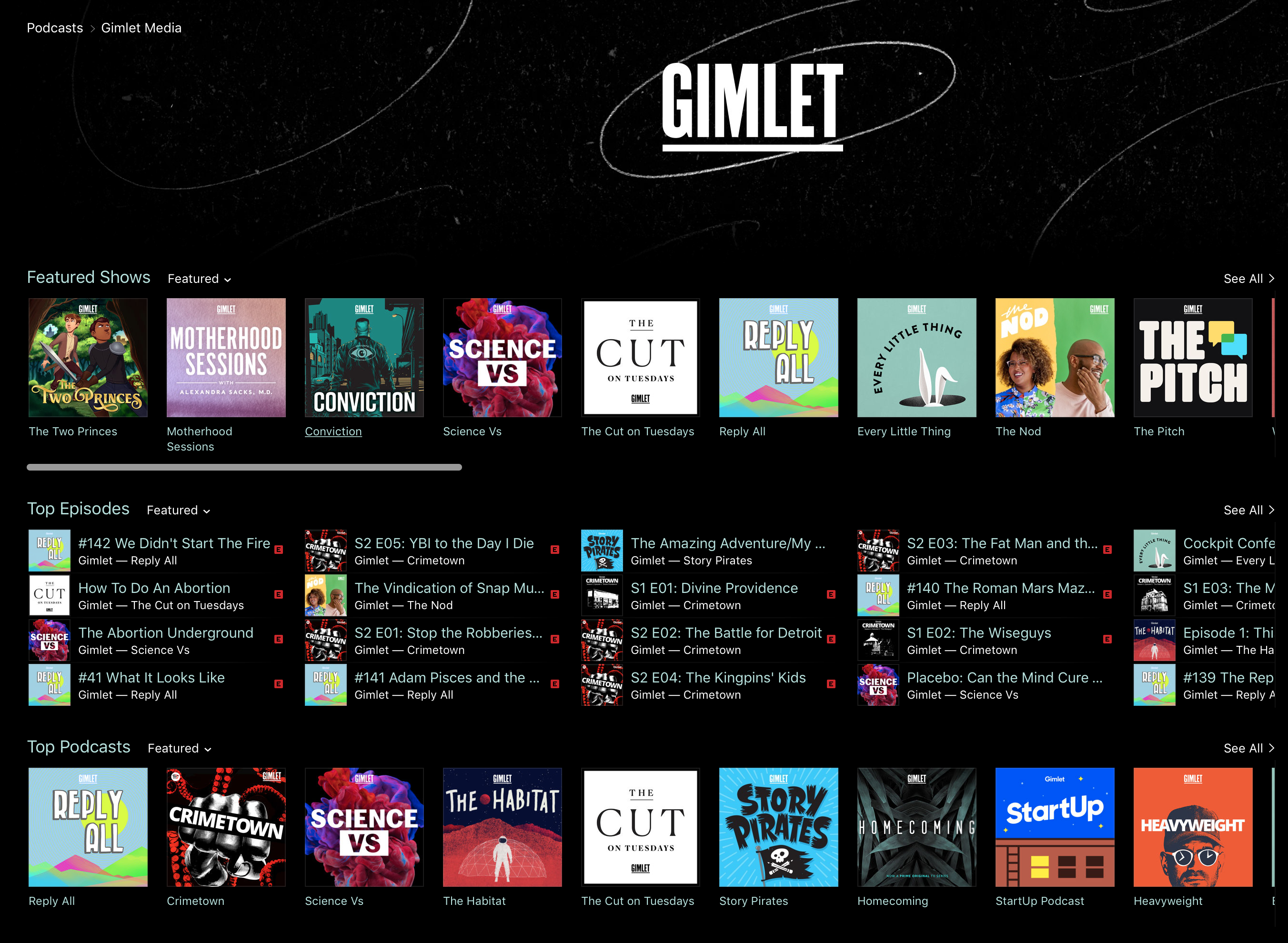
Their shows usually don’t gain the number of downloads needed to be able to earn money by bringing on sponsors, but there are still benefits for them to produce podcasts. Many use the shows to generate good content, develop relationships in their industries and attract prospects. They play the long game. Side note: Many people want to start a podcast and immediately blow up, get rich from sponsor money and become a celebrity—and this is why almost all those folks last just five to 10 episodes before reality smacks them in the face and they give up.
Related: Duo Divulges Podcasting Basics, by Steve Harvey, March 8, 2019
At the other end of the spectrum are NPR, Gimlet and others; they have different goals and bring an entirely different set of skills to the podcasting space. They want to make money, and they have the audio production manpower to produce really good audio, as well as big teams of people to handle all the various aspects of their business.
Beyond the audio quality itself, these companies use a rich storytelling format that entails recording lots of audio with guests, going on location, sifting through all of it, using the best parts, incorporating music for transitions and background, scripting the hosts’ narrative, mixing and remixing many versions due to the evaluation and re-evaluation by a team of producers, long production times and lots more.
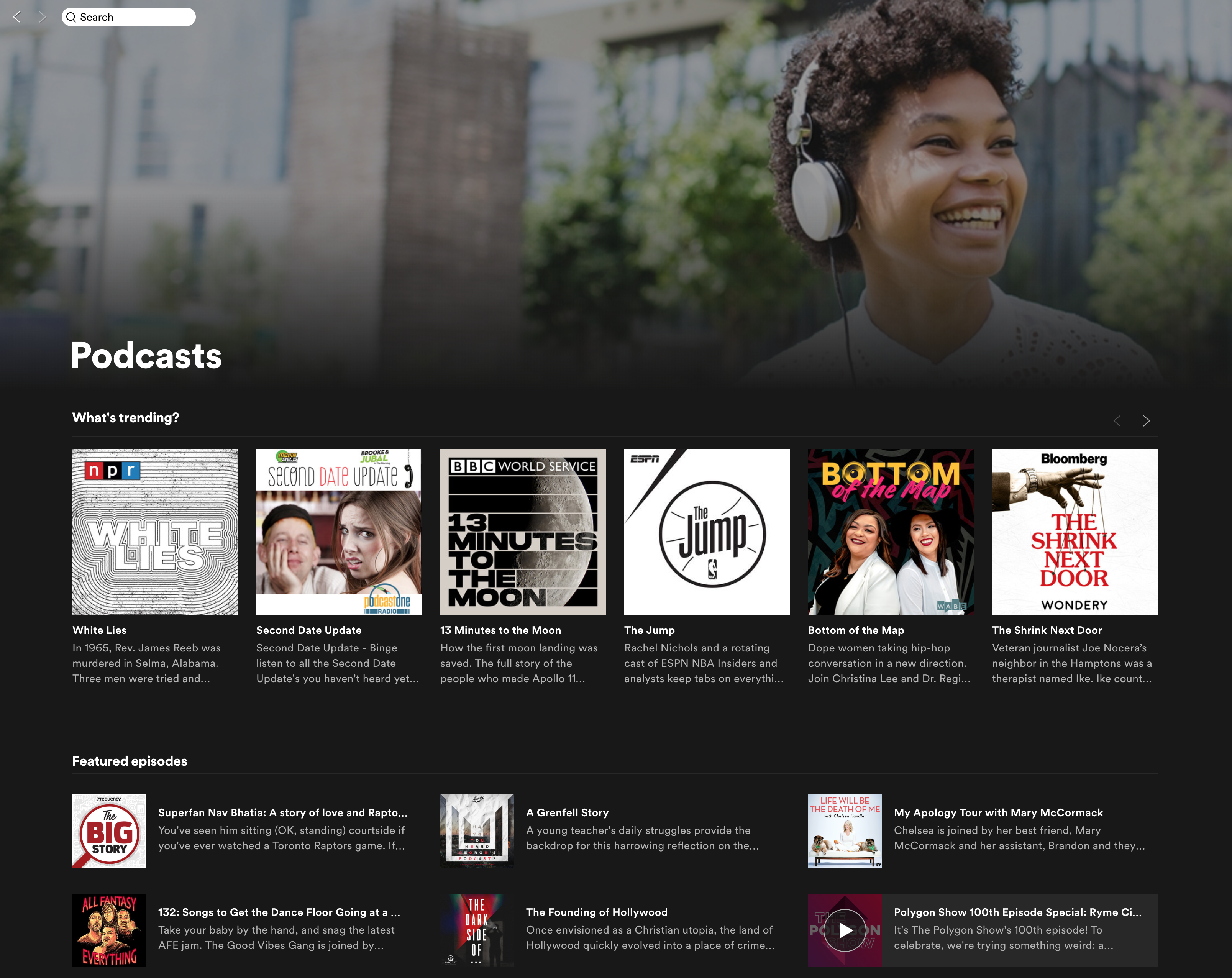
Of course, they need big budgets to make all this happen, and they leverage their production expertise with their radio allies to create a big audience, and then bring on big sponsors to make the show and/or network profitable.
Now, you can understand that these two groups of podcasters are not even comparable. The big companies bring a lot of resources to the table that the independents—the ones creating the vast majority of podcast shows—just don’t have. As a result, the name of the game for independents is production speed. Podcasters typically don’t want to spend much time producing their episodes, because podcasting isn’t how they make their living and they have lots of other things to do; they live busy lives like the rest of us.
Related: Pro Audio Answers Podcasting’s Call, by Clive Young, Jan. 4, 2019
There are three main workflows in this type of podcasting. The first one is used by the majority of independent podcasters because it’s the easiest and requires the least amount of time and audio production knowledge. The podcasters will record their own interviews or just talk solo, and then do the bare minimum of post-production.
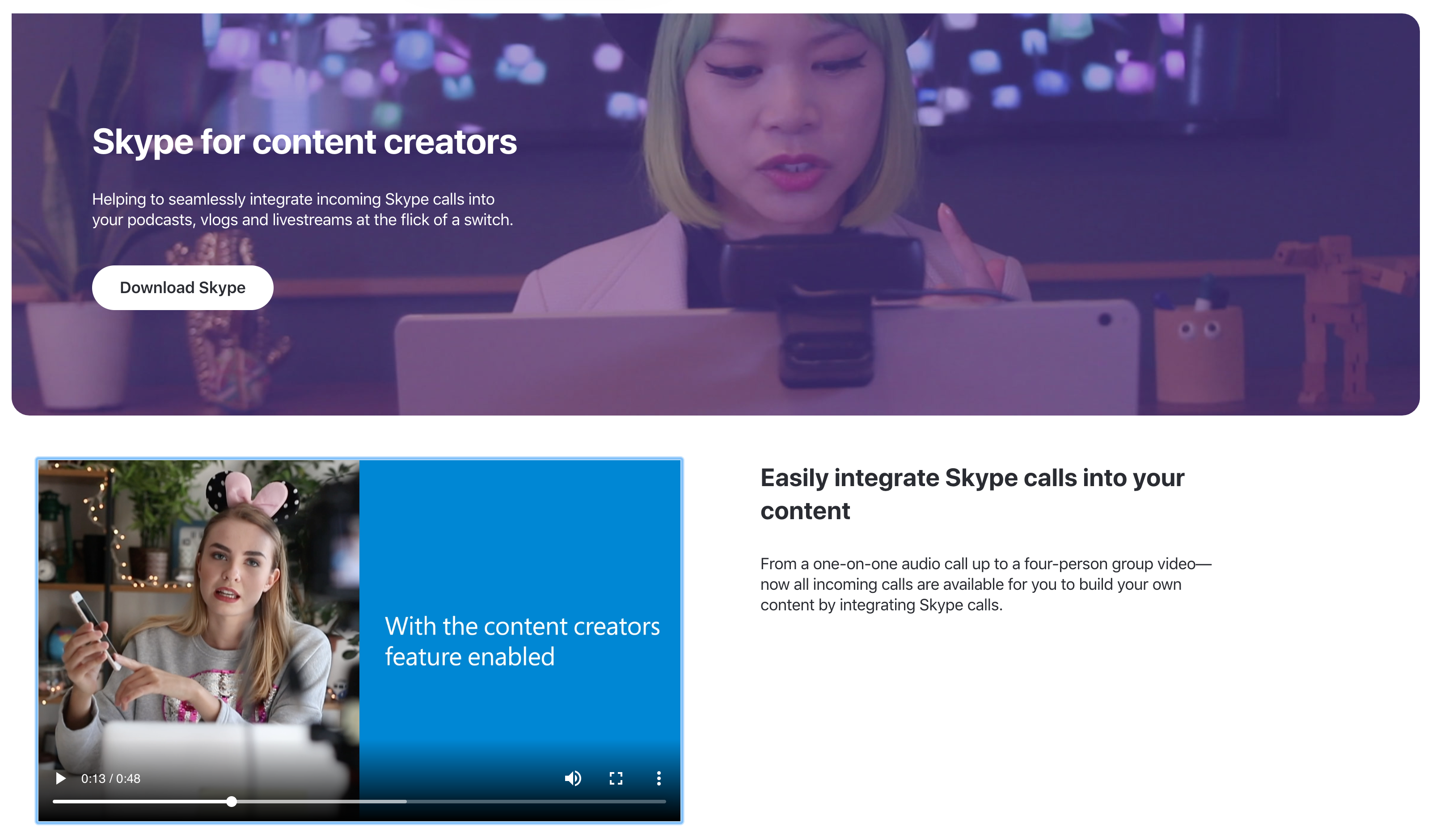
Related: Gimlet’s Podcast Studios Serve Up a Cocktail of Content, by Steve Harvey, Jan. 7, 2019
In terms of audio knowledge, skills, equipment and software, these folks are pure amateurs. If they have guests, they usually record using online services like Skype, Squadcast, Zencastr or Ringr. For post-production, they use no EQ or compression, and don’t pay much attention to levels—including the level of their intro music, which usually ends up being way too loud or too low in the mix.
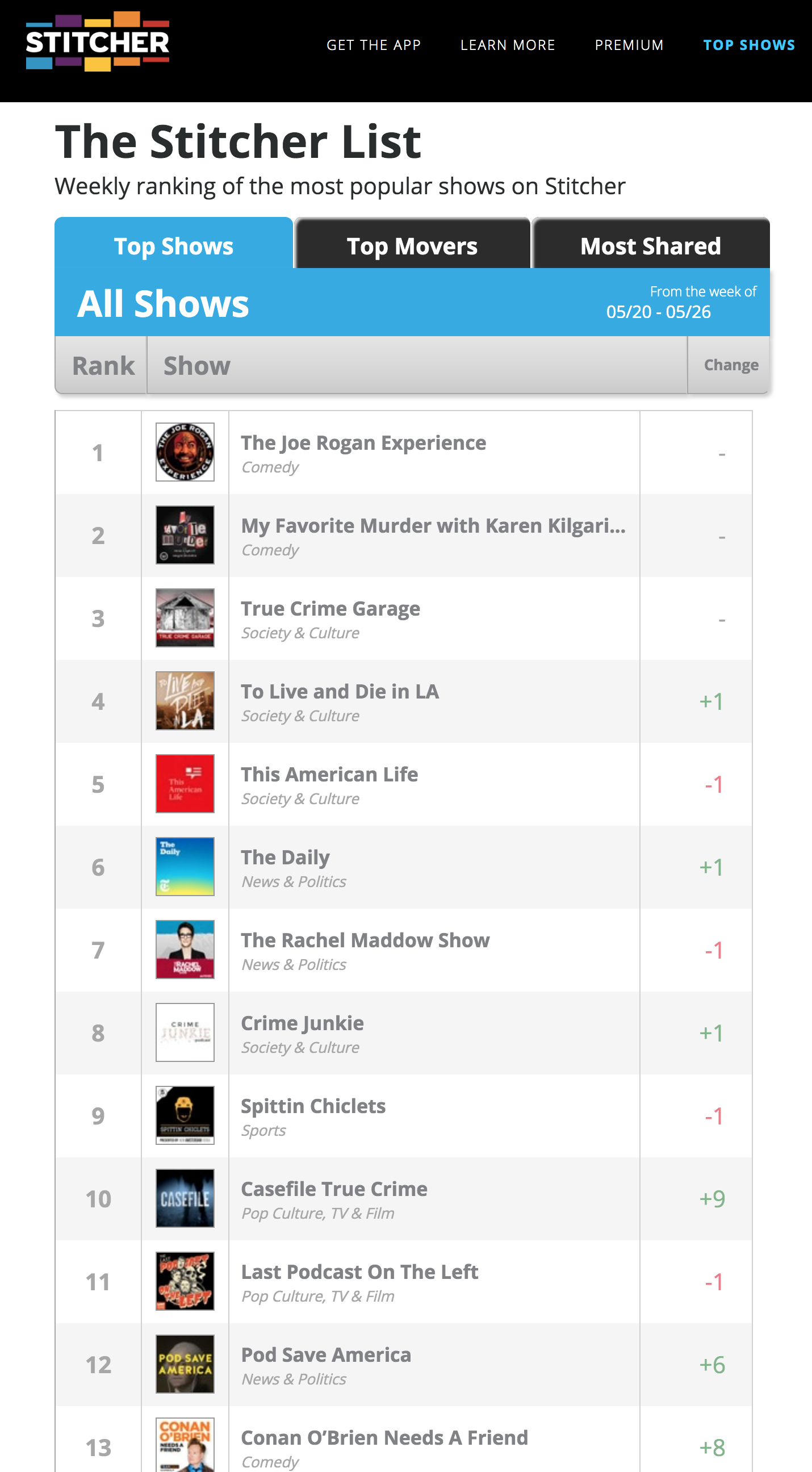
In the end, the final quality of their episode audio is not good, and it’s usually quite annoying to listen to due to the huge dynamic range, background noises, guests using earbud mics, plosives, sibilance and much more.
The second type of workflow is when the host records interview audio (which often contains lots of the amateur mistakes listed above) and then hands over all the audio tracks to a podcast editor to remove umms, remove lipsmacks, level the voices, mix in music and create the final MP3 episode file.
And the third type of workflow is when the podcaster actually does some basic/intermediate audio production for the show. There are very few podcasters who do this! They do everything I mentioned above with regards to what a typical podcast editor usually does, and in addition, will use EQ, compression and de-essers, as well as some audio repair tools like de-reverb, de-plosive, de-noise, de-hum, mouth de-click, breath control, and more. Obviously, their final episode audio sounds way better than the average podcast, and can be very good quality at times.
